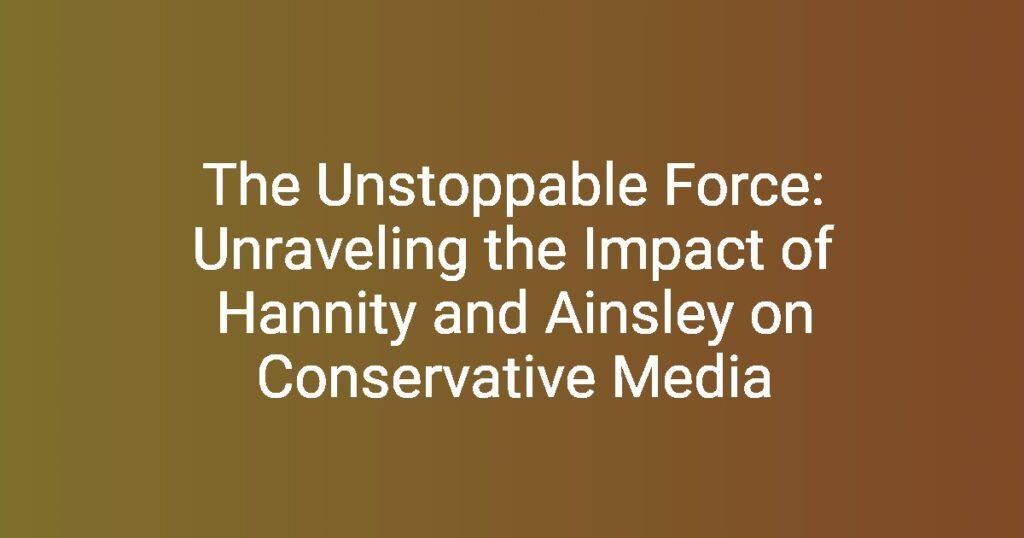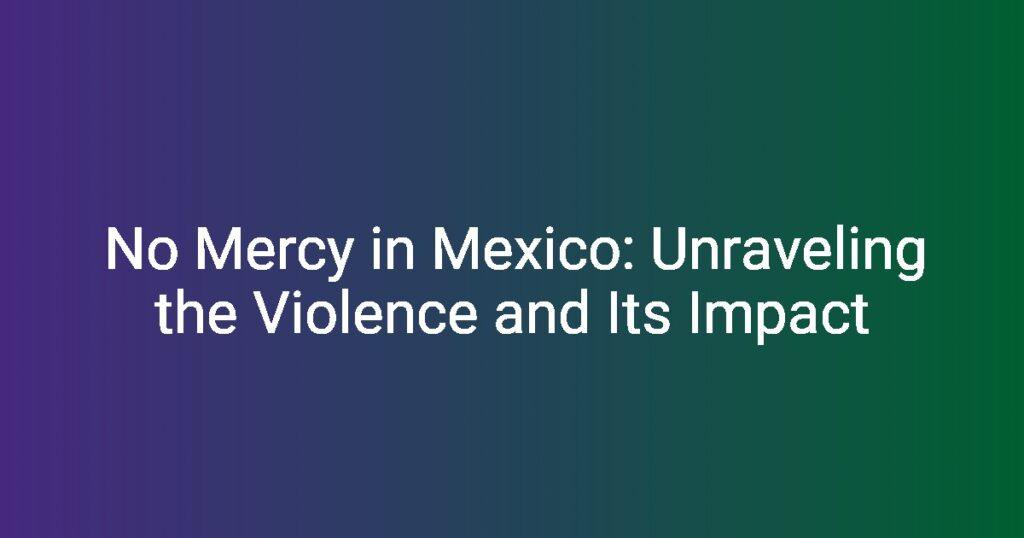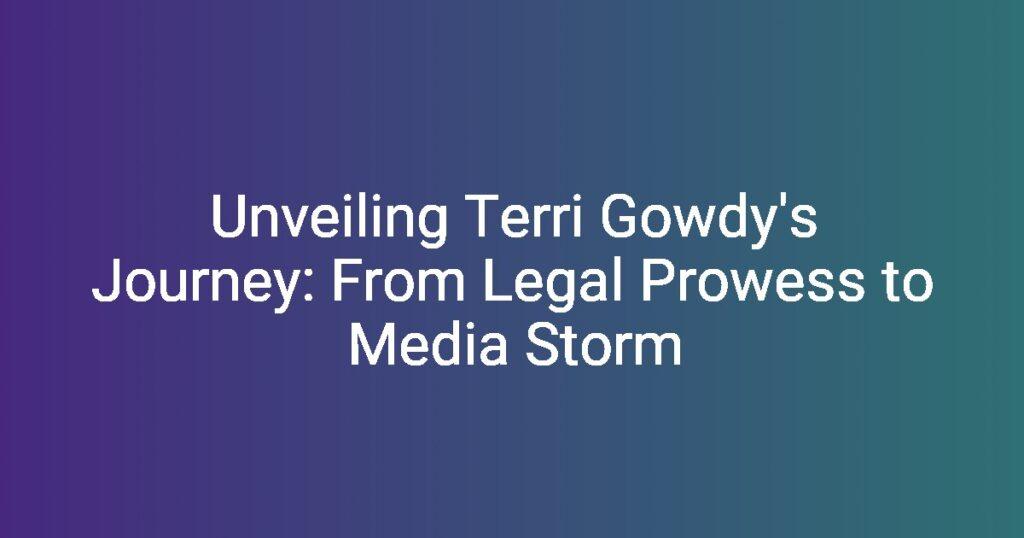Overview of the Issue
In today’s interconnected world, the term “leak” has gained significant traction, particularly concerning incidents that compromise information integrity. A leak occurs when confidential information is disclosed without authorization. One of the latest examples is the McKinley Richardson leak, which has sparked widespread debate and concern regarding accountability and transparency among public officials. This article delves into the background and implications of this leak, exploring McKinley Richardson’s role and the associated reactions from various sectors.
Importance of the Leak
Understanding the implications of the mckinley richardson leak is vital for the public, especially in a democratic society where governance relies on transparency and accountability. Such leaks may lead to a reassessment of policies, impact public opinion, and enhance media scrutiny, thereby underscoring the necessity of being vigilant about the information shared by public officials. The public interest is piqued, prompting discussions about ethics, oversight, and trust in institutions.
Background on McKinley Richardson
Who is McKinley Richardson?
McKinley Richardson is a notable figure who has made significant contributions in his field. With an impressive educational background, Richardson graduated from a prestigious university, where he obtained a degree in political science. Throughout his professional career, he has held various positions that highlight his capabilities, eventually culminating in his role as a senior advisor within a government agency. His insights and decisions have often placed him at the forefront of critical policy developments.
Historical Context
To fully understand the< strong> mckinley richardson leak, it is essential to examine the timeline of his involvement in key projects. Over the years, Richardson has been associated with numerous initiatives that have been both praised and criticized. Previous controversies regarding transparency and ethics within the organization he served have laid the groundwork for heightened scrutiny, setting the stage for the present leak.
The Leak Itself
Details of the Leak
The mckinley richardson leak involved sensitive information that was allegedly made public through a series of unauthorized communications. The leaked materials included confidential documents and strategic plans that were not meant for public dissemination. This breach of confidentiality raises serious concerns about the security of information within government operations and poses the question of how such critical information could be accessed by unauthorized parties.
Sources and Credibility
Identifying the original source of the leak is crucial in assessing its credibility. Multiple reports have suggested that the information came from a whistleblower within the organization, who believed the public had a right to know. The credibility of this source is paramount, as it affects public perception and response. Richardson’s statements following the leak have attempted to clarify his position, but skepticism remains among critics who question the trustworthiness of his claims.
Reactions and Responses
Public Reaction
Social media has played a significant role in shaping public reaction to the mckinley richardson leak. Comments and discussions erupted online, with some supporting Richardson while others condemned him for lack of transparency. The diversity of opinions reflects a broader societal concern about the accountability of public officials and the need for stronger oversight mechanisms.
Official Responses
In light of the leak, McKinley Richardson has issued statements expressing his regret over the incident while emphasizing his commitment to integrity. Additionally, organizations associated with Richardson have released formal responses outlining their stance and reinforcing their dedication to operational security. These responses aim to reassure the public and mitigate the negative perception resulting from the leak.
Media Coverage
Major news outlets have extensively reported on the mckinley richardson leak. The narrative portrayed by media varies from highlighting the implications of the leak on public policy to questioning the ethics of leaking sensitive information. Analysis of the coverage shows an intent to balance sensationalism with the need for factual reporting, making it essential for audiences to critically evaluate the information presented.
Implications of the Leak
Legal Consequences
The mckinley richardson leak carries potential legal ramifications that may affect both Richardson and the organization involved. Depending on the nature of the leak and its source, there could be investigations into violations of confidentiality agreements or laws pertaining to whistleblowers. This situation prompts a broader discussion on the legal protections available to those who disclose information in the public interest.
Political Impact
This incident could shift the political climate significantly. Use of the leaked information in political campaigns might influence upcoming elections, as candidates leverage the narrative to criticize incumbents or propose reforms. The leak also raises questions about how much transparency is necessary in governance and whether policy reforms will emerge as a direct result.
Ethical Considerations
The ethics surrounding leaks are complex, painting a picture of the tension between transparency and confidentiality. The mckinley richardson leak opens the floor for discussions on the ethical responsibilities of public officials in safeguarding sensitive information while also upholding the public’s right to know. Striking a balance is key to fostering trust in governmental entities.
Lessons Learned
Analysis of Organizational Structures
The leakage of sensitive information indicates potential flaws in organizational structures and protocols. A retrospective examination may unveil internal weaknesses that need addressing, emphasizing the importance of having robust information security measures in place. Recommendations for improved security may include enhanced training and stricter access controls.
Public Awareness and Vigilance
Citizens play a vital role in holding public officials accountable. The mckinley richardson leak provides an opportunity for civic engagement and awareness around the importance of transparency in government. Media literacy is crucial in understanding the nuances of such incidents, allowing the public to evaluate both the implications and motivations behind leaks.
Conclusion
Summary of Key Points
The mckinley richardson leak showcases the complexities surrounding information integrity and public governance. It embodies the need for discussions on issues of transparency, ethics, and accountability among officials who operate within the public eye.
Final Thoughts
As discussions around the mckinley richardson leak continue, the future implications for Richardson and policy reform remain uncertain. Engaging with political processes, encouraging transparency, and maintaining informed public discourse are vital steps for society’s pursuit of accountability.
Table: Summary of Key Points Regarding the McKinley Richardson Leak
| Key Aspect | Description |
|---|---|
| Leak Definition | Unauthorized disclosure of confidential information. |
| Who is McKinley Richardson? | A senior advisor with a history of significant contributions. |
| Details of the Leak | Involved sensitive documents and strategic plans. |
| Public Reaction | Diverse opinions expressed, reflecting concerns about accountability. |
| Legal Consequences | Potential investigations into confidentiality violations. |
| Political Impact | Possible shifts in political landscape and public policy. |
FAQs About the McKinley Richardson Leak
1. What was the McKinley Richardson leak about?
The mckinley richardson leak involved the unauthorized disclosure of sensitive information related to government operations.
2. How did the leak impact public opinion?
The leak sparked mixed reactions, influencing public perception of Richardson’s accountability and transparency.
3. What are the potential legal consequences for Richardson?
Richardson may face investigations into violations of confidentiality laws and regulations.
4. How can citizens stay informed about governmental transparency?
Engaging with credible news sources and advocating for increased transparency can empower citizens.
5. What ethical questions are raised by this leak?
The leak raises ethical issues surrounding the tension between confidentiality and the public’s right to know.
6. How can organizations prevent future leaks?
Enhancing internal protocols, training staff, and implementing stricter access controls can mitigate risks.
7. Will this leak affect future political elections?
Yes, it may influence campaigns as candidates address issues of transparency and accountability stemming from the leak.
8. What role does media play in such leaks?
Media coverage shapes public discourse and plays a vital role in highlighting the implications of leaks.
9. Are whistleblower protections relevant here?
Yes, whistleblower protections are crucial in determining how confidential information can be disclosed ethically.
10. What are the key lessons learned from this incident?
The need for stronger information security measures and increased public awareness about governmental accountability has been emphasized.




